Don’t Let PCOS Block your Path to Parenthood

Mr and Mrs Das visited Dr Anindita Singh from Nova IVF Fertility, Kolkata for the first time in 2019. They had been trying to get pregnant for the last 4 years since their marriage but were unable to conceive naturally. The couple approached Dr Anindita in the hope of making their miracle happen, as one of their colleagues had conceived successfully under her care.
Major Challenges: PCOS, Irregular Periods and Excessive Weight
Though at first glance the case seemed straightforward—Mrs Das was well within the reproductive age, which increases her chances of conceiving successfully—the screening tests diagnosed her with Polycystic Ovary Syndrome (PCOS). Weighing 70 kg at the time, she also intimated Dr Anindita about her history of irregular periods, a common symptom of PCOS.
How is PCOS Linked to Infertility?
PCOS is a condition that causes hormonal imbalance in women of reproductive age. It is the most common hormonal issue that affects women—1 out of 10 women in India are diagnosed with it. The term “Polycystic” refers to the fact that this syndrome results in the formation of small cysts or fluid-filled sacs on the rim of the ovaries. Other symptoms include excessive body hair, sudden weight gain or development of male pattern baldness. There are two ways in which PCOS can interfere with pregnancy:
- Disrupted Ovulation: The root cause that connects PCOS to infertility is the disrupted ovulation cycle. Ovulation is a process that happens towards the middle of each menstrual cycle when a matured egg is released by an ovary into the fallopian tube. The egg stays in the fallopian tube for 24 hours, after which it disintegrates, if not fertilized—which is how menstruation occurs every month.
But in a woman with PCOS, the pituitary gland does not secrete the hormones required for the eggs to mature; causing the eggs to stay immature, thus hindering their release. As a result, the follicle sacs containing these eggs turn into cysts around the inner rim of the ovaries. Disrupted ovulation also leads to irregular periods, making it difficult for women with PCOS to calculate their fertile windows accurately.
- Shortened Luteal Phase: Luteal phase refers to the period where the lining of the uterus thickens itself in preparation for pregnancy—this usually lasts for 12-14 days. In women with PCOS, this luteal phase is shortened as their bodies cannot produce enough progesterone hormones which are vital for thickening the uterus lining. This, in turn, poses a problem for the fertilised egg to implant in the uterus, causing the woman to miscarry.
How does PCOS Affect Pregnancy?
Even if a woman manages to get pregnant despite PCOS, she might face multiple complications including:
- Gestational diabetes
- High blood pressure induced by pregnancy
- Heightened risk of miscarriages or stillborns
- Heightened risk of premature birth or low birth weight
Women battling PCOS may also have a greater chance of undergoing a caesarean section compared to their peers. These complications can be managed effectively, if not avoided, via healthy lifestyle changes, extra care during pregnancy and close monitoring by a fertility expert.
Getting Fit, Getting One Step Closer to the Dream of Parenthood
As Mrs Das was overweight, Dr Anindita advised her to adopt a few lifestyle changes before moving forward with her treatment.
- Weight Loss: Losing weight is the primary step and the fastest way to manage PCOS. Even a 5% reduction can heighten one’s chances of getting pregnant.
- Diet Control: Controlling insulin resistance through diet control is another viable option. This can be done by avoiding inflammatory foods and following a low glycemic index (GI) diet. Unprocessed foods, high-fibre foods, leafy greens, fatty fish, seeds and nuts, spices like turmeric and cinnamon etc. can do wonders when it comes to controlling the effects of PCOS.
Exercise: Regular exercise along with diet control can facilitate multiple positive changes apart from weight loss; including lower cholesterol levels, improved insulin metabolism, reduced levels of androgens (male hormones) in the body and regularised periods.
The Nova Way: Intra-Uterine Insemination (IUI)
While adapting to her new lifestyle, Mrs Das was also given ovulation induction medication to ensure that her eggs mature well. Once Dr Anindita deemed Mrs Das fit for treatment, the couple decided to move forward with Intra-Uterine Insemination (IUI).
IUI: IUI is a low-risk, minimally invasive procedure that involves the direct placement of washed healthy sperm from the male partner in the uterus of the female partner when she is ovulating. By inserting multiple, healthy sperm in proximity to the egg, IUI gives the sperm direct access to the egg, thus boosting the chances of fertilisation.
The Bad News Followed by the Good News
Unfortunately for the couple, their first IUI result came back negative. IUI has an average success rate of 15%, which is why couples are recommended to undergo at least three cycles to ensure a higher chance of success.
Determined to try again, the couple underwent their second round of ovulation induction and IUI cycle the following month. To their utter joy, the result was positive this time. The pregnancy progressed uneventfully and Mrs Das gave birth to a healthy baby girl.
A Note from Dr Anindita
“PCOS is a lifelong medical condition that shatters the dreams of millions of women who wish to have families of their own. But it is not the end of the world or the dream of motherhood. The earlier PCOS is detected, the easier it is to manage and minimise its impact on fertility. So, get screened at the earliest if you experience any symptoms.
Don’t let PCOS stop you from living life to the fullest.”
 Infertility Counselling
Infertility Counselling Female Infertility Treatment
Female Infertility Treatment Andrology Treatment
Andrology Treatment Fertility Enhancing Surgeries - Female
Fertility Enhancing Surgeries - Female Fertility Enhancing Surgeries - Male
Fertility Enhancing Surgeries - Male Endoscopy Treatment
Endoscopy Treatment IUI Treatment
IUI Treatment IVF Treatment
IVF Treatment ICSI Treatment
ICSI Treatment Advanced IVF Solutions
Advanced IVF Solutions Embryology
Embryology Vitrification Egg, Embryo, Sperm Freezing
Vitrification Egg, Embryo, Sperm Freezing Preimplantation Genetic Testing (PGT)
Preimplantation Genetic Testing (PGT) Donation Program Embryo / Egg / Sperm
Donation Program Embryo / Egg / Sperm Self-cycleTM IVF
Self-cycleTM IVF

 Self-cycleTM IVF
Self-cycleTM IVF


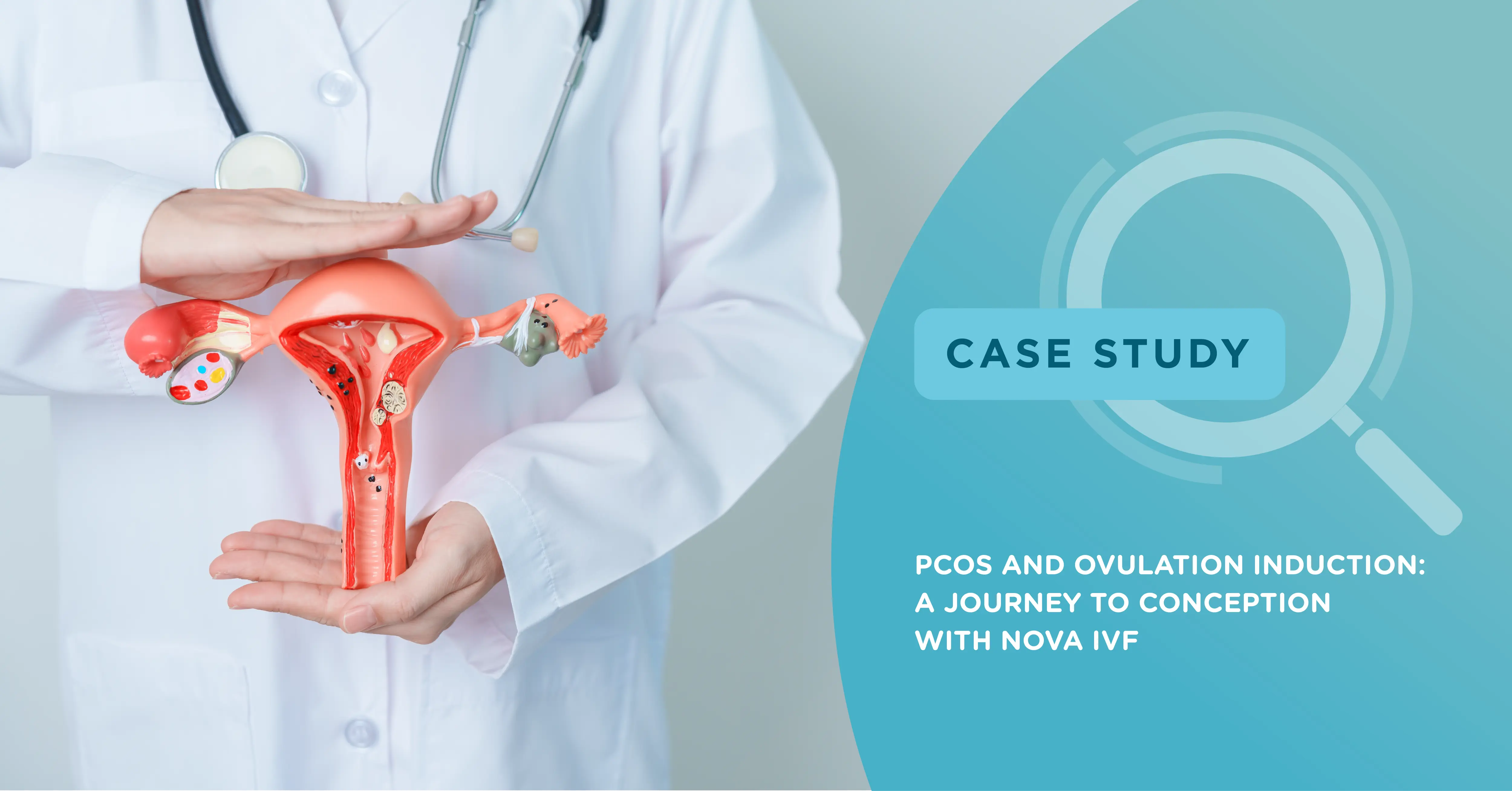
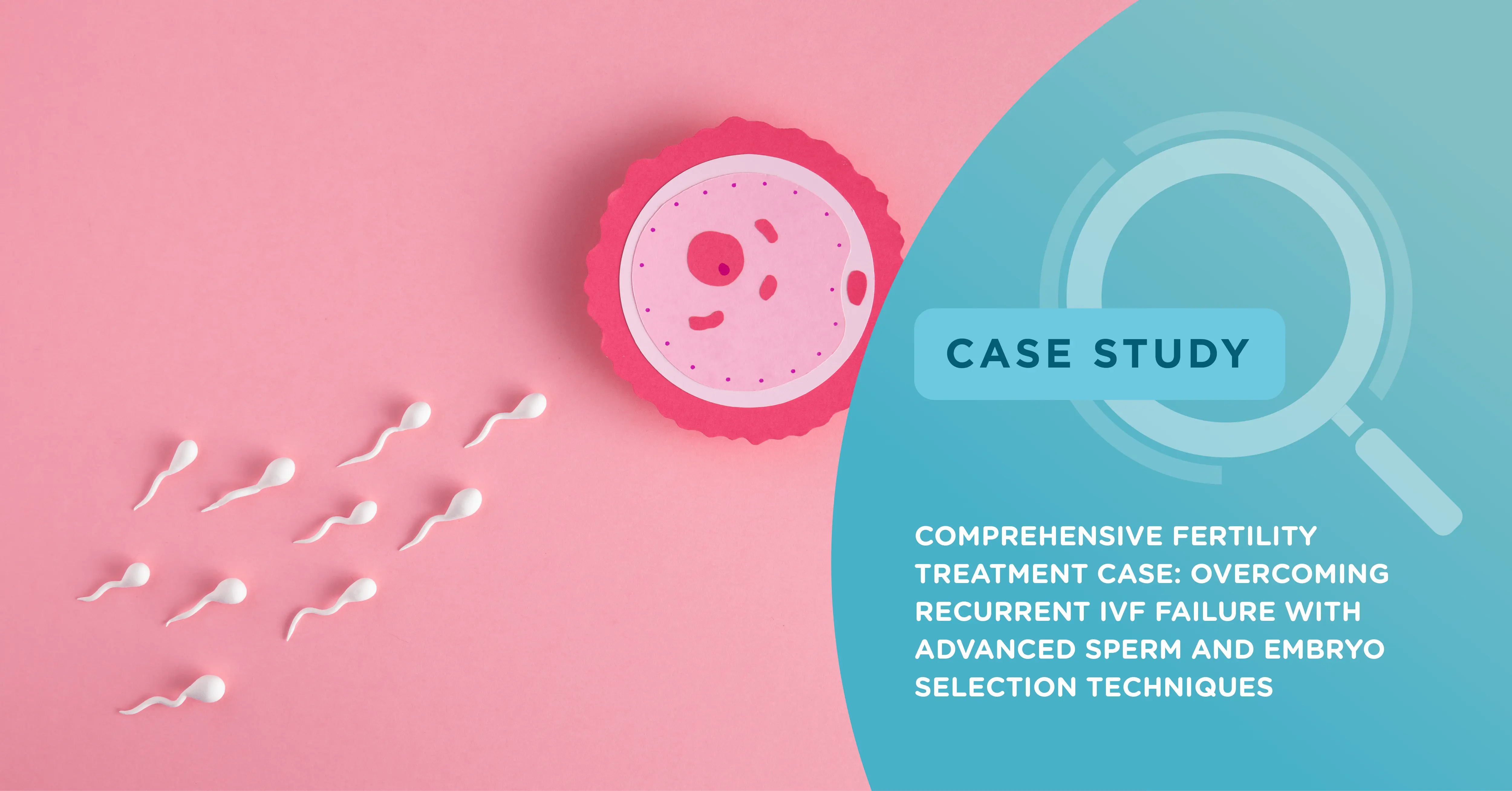
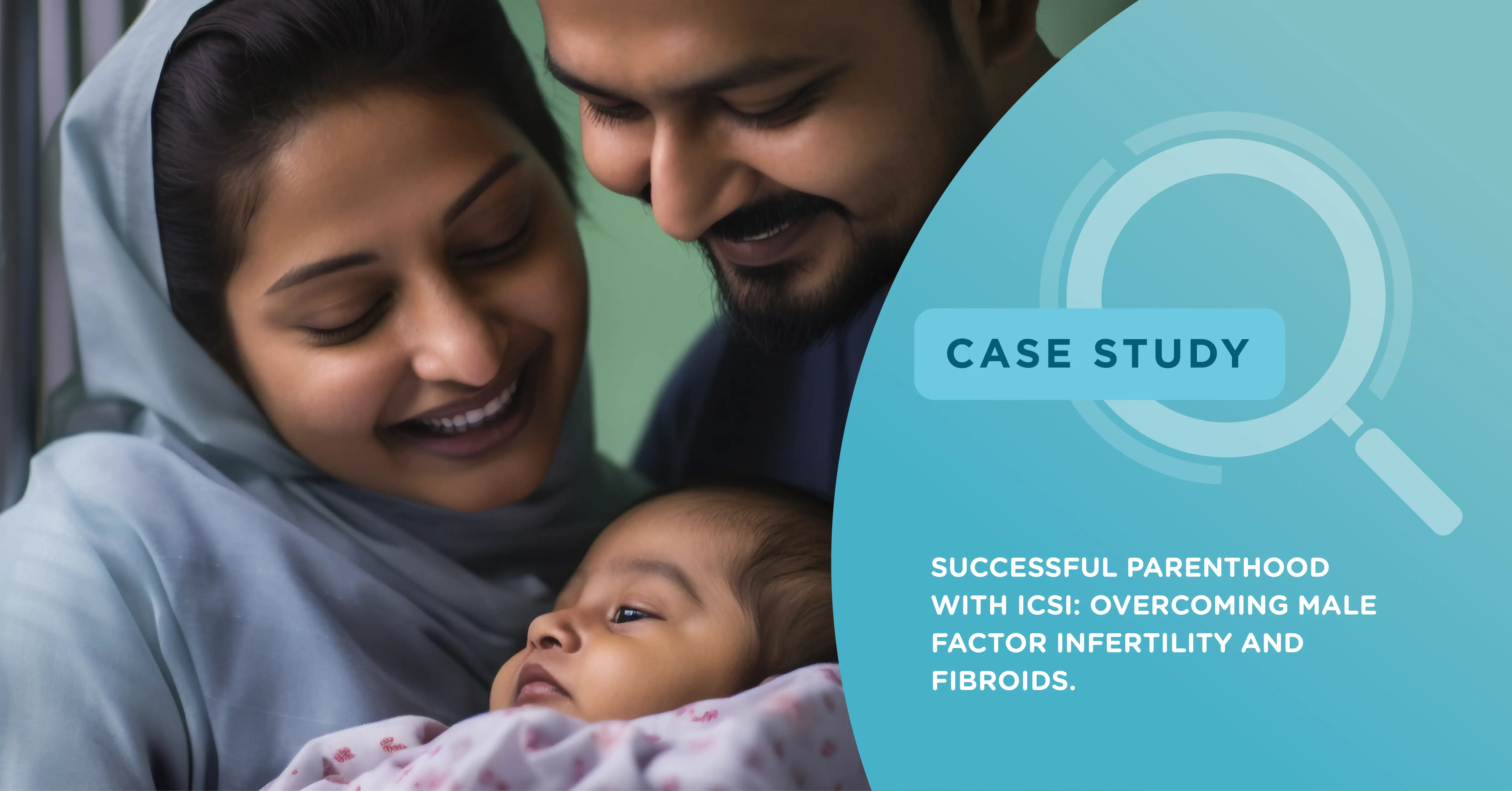
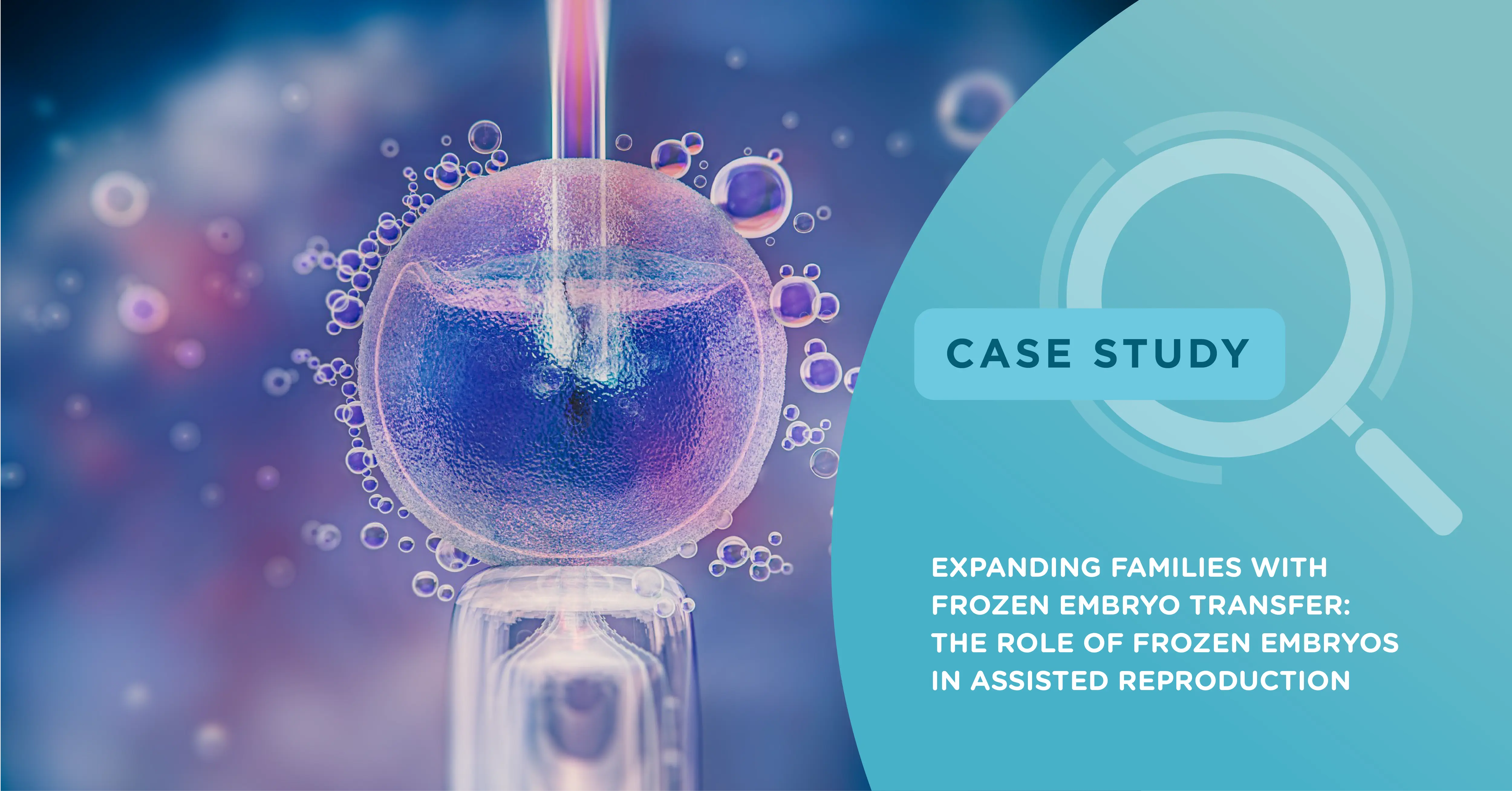

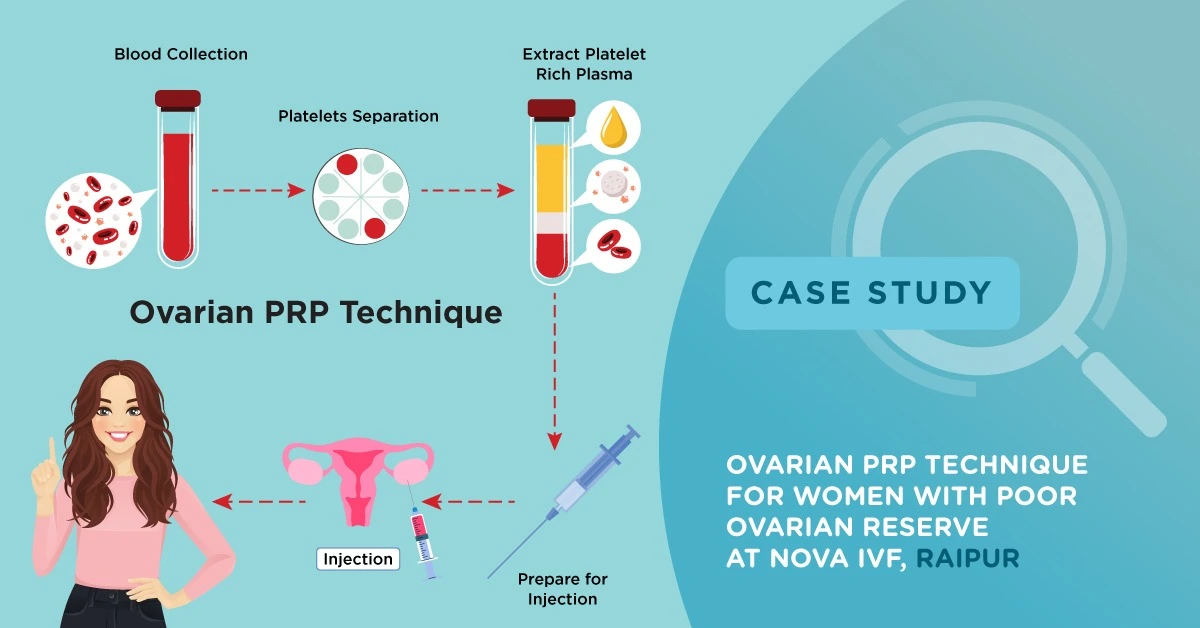
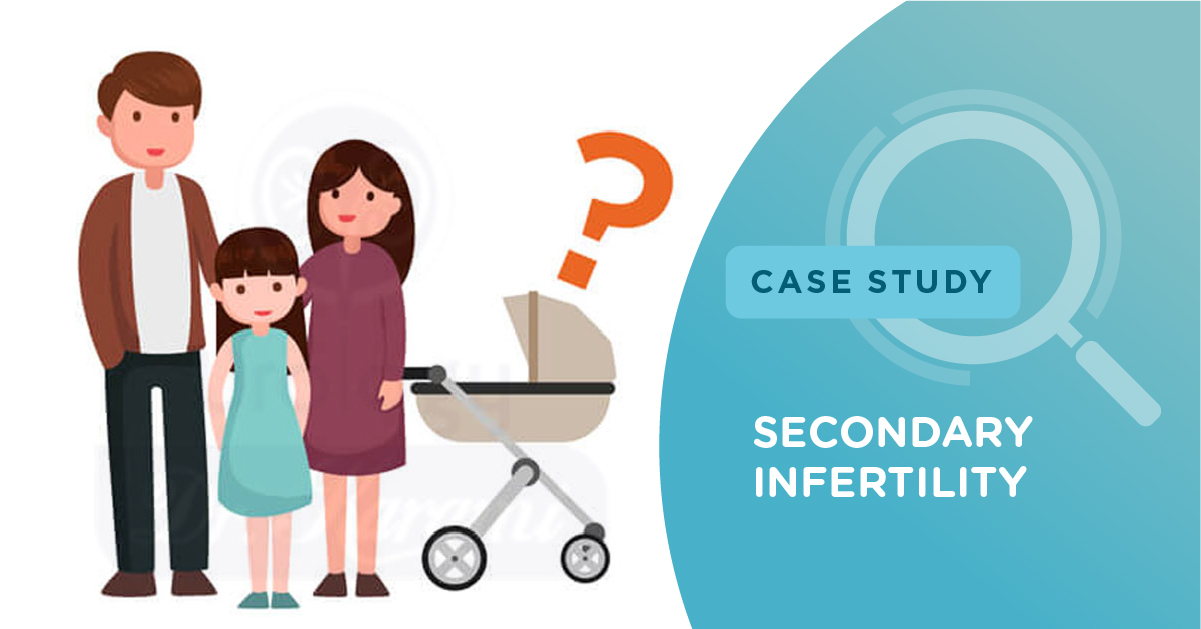
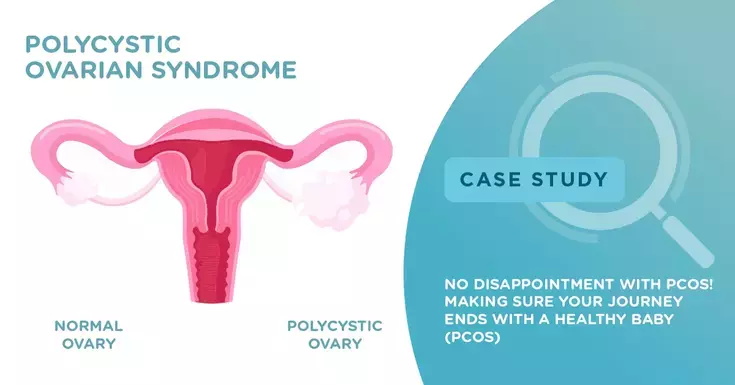






Add new comment